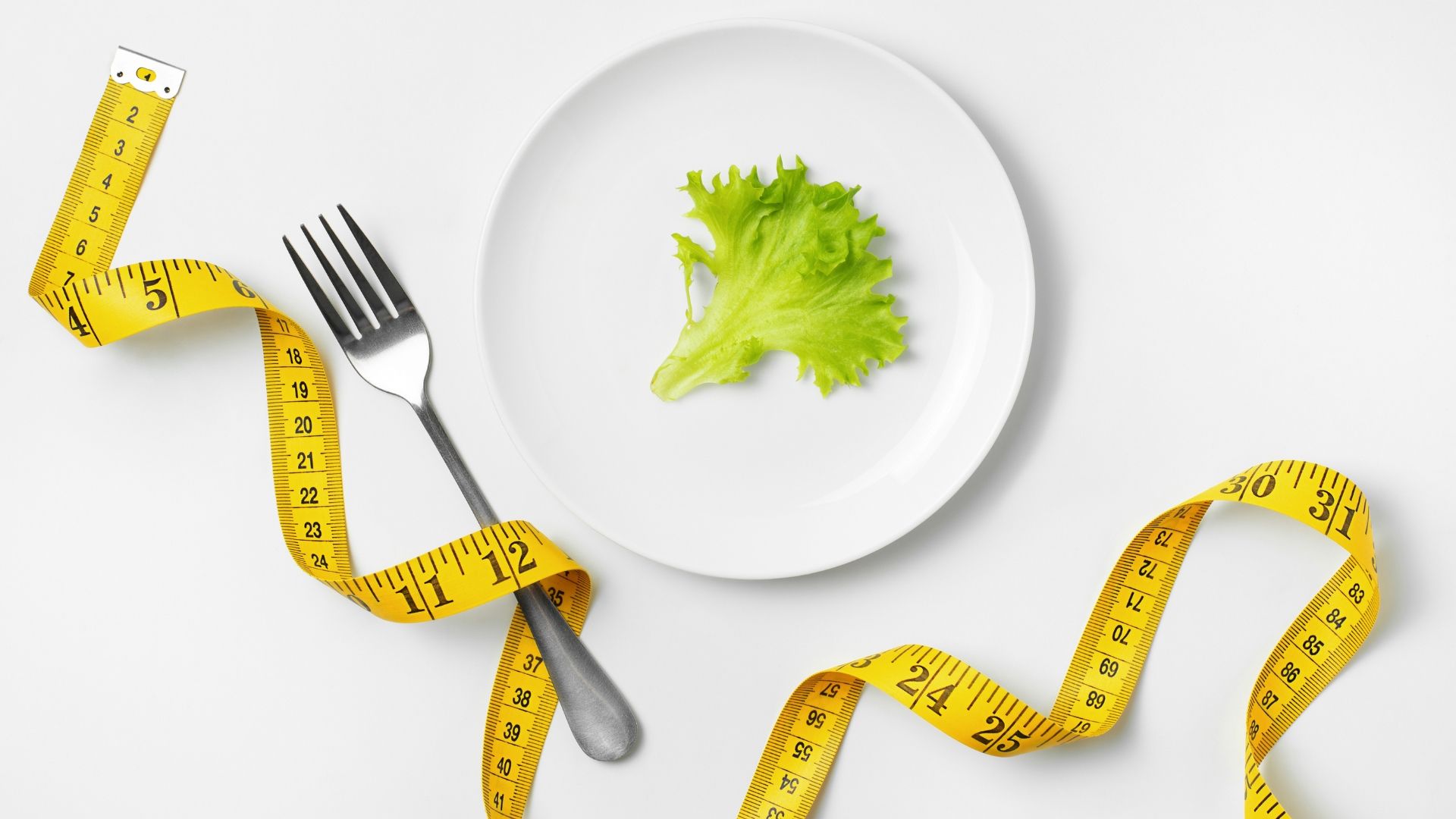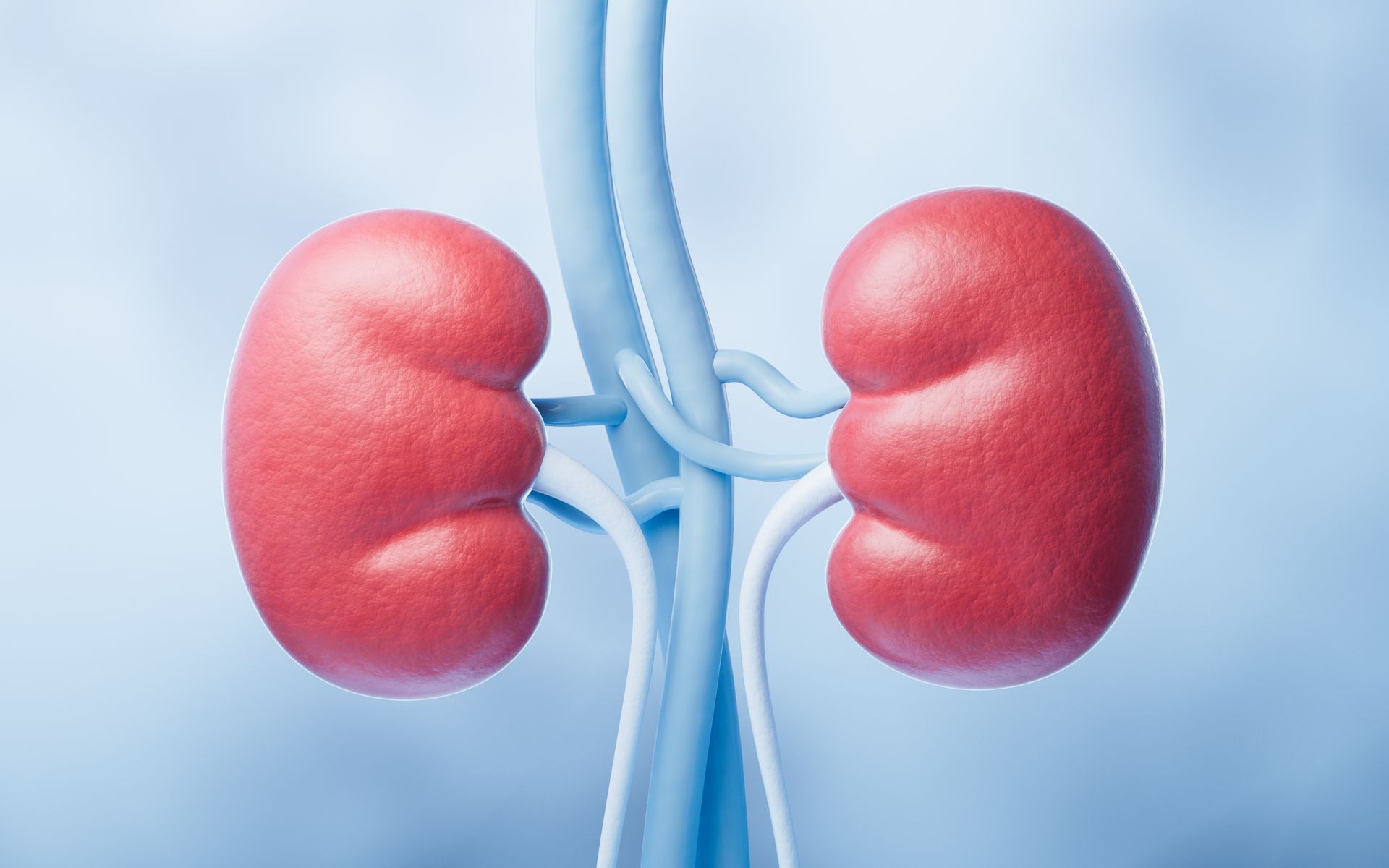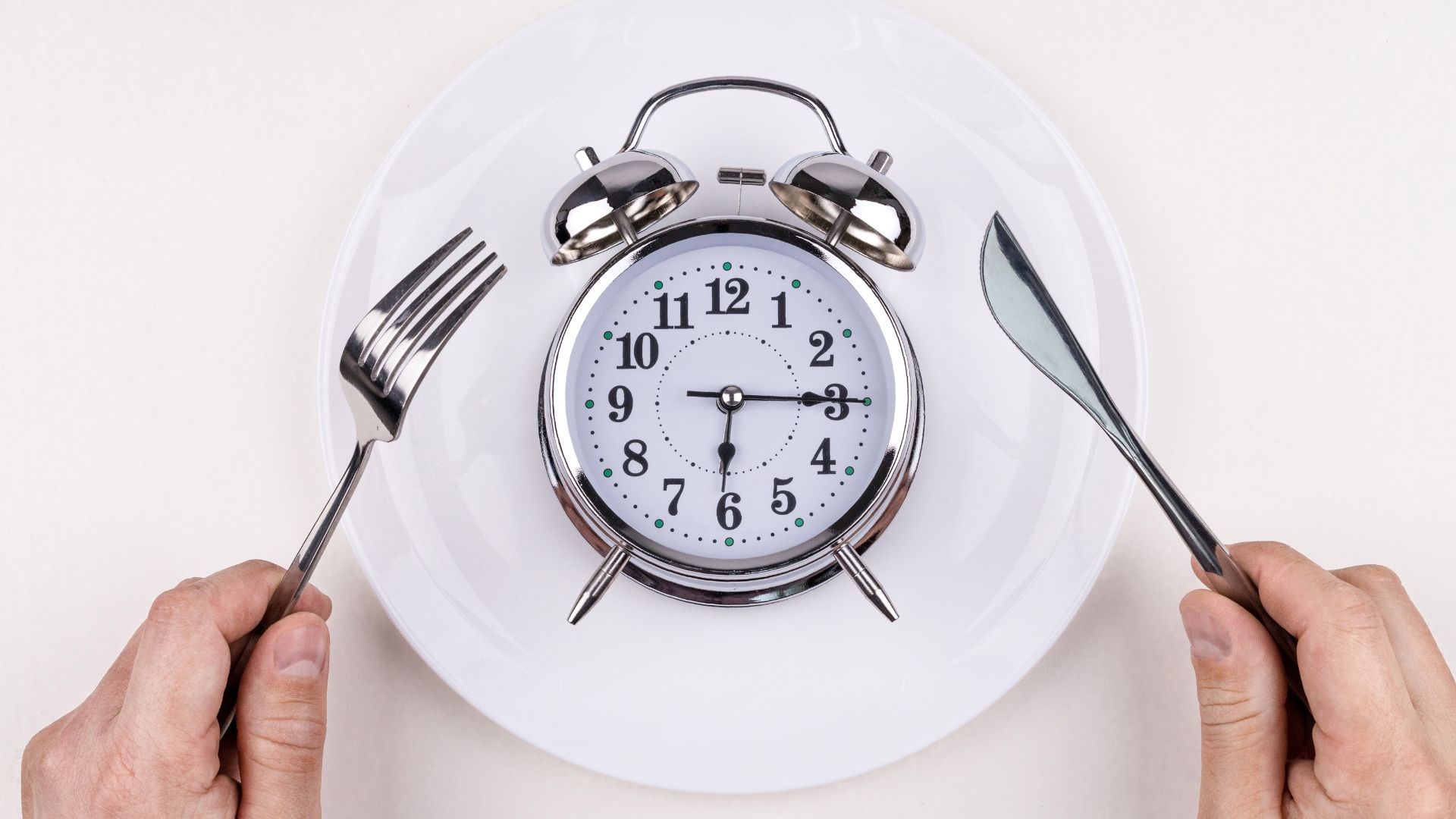Is diet or exercise more important to lose weight?
Want to learn more about the diet vs exercise debate when it comes to weight loss? Explore the science here.

It's a question that comes up a lot – and one that can cause rather heated debates. Is diet or exercise more important for weight loss?
One weight loss plan swears by cardio. Another insists you cut carbs. And if you've tried both without lasting results, it's natural to feel confused and frustrated.
There's no single answer that works for everyone. But the science is clear: both diet and exercise support healthy weight loss, in different but complementary ways. Understanding what each one does – and why neither has to be perfect – can help you build a routine that works for you.
How weight loss works
Whether you focus on diet or exercise for weight loss, the underlying principle stays the same. Your body needs to use more energy than it takes in. This is called a calorie deficit.
Eating less helps reduce the number of calories you consume. Moving more increases the number of calories you burn. You don't have to choose one over the other. In fact, a combination usually works best.
It's also worth remembering that what creates a calorie deficit for one person might not work for another. Age, hormone levels, medical history and daily habits all affect how your body uses energy.
Diet or exercise for fat loss?
Why diet changes tend to deliver faster results at first
For many people, the biggest early weight loss changes come from food. That's because it's usually easier to eat fewer calories than it is to burn off large amounts of energy through exercise alone.
Let's say a takeaway contains up to 1,000 calories, compared to a healthy home-cooked meal coming in at 500 calories.
Burning off the takeaway could mean a long, intense workout, which isn't realistic or safe for everyone (especially if you've been inactive for a long time). The home-cooked meal, however, can slot right into a calorie deficit with no need for extra activity.
Changing what and how you eat gives you more control over your intake and tends to create a more predictable calorie deficit. Simple strategies like planning ahead, eating more slowly, using smaller plates or focusing on whole foods can all support sustainable weight loss.
How exercise supports long-term progress

While diet often helps you shed the first few pounds, exercise can help you keep the weight off.¹ Moving more can boost your metabolism and increase muscle mass, particularly when strength training. Having more muscle means your body will burn more calories – even at rest.
Exercise also improves mood, lowers stress and helps you get better sleep, all of which influence the day-to-day choices you make. It doesn't need to be extreme to be effective. Walking, light strength training, dancing and even gardening can all count as healthy movement.
Building exercise into your daily life in ways that feel enjoyable – or at least manageable – is one of the most effective ways to create consistency.
Diet vs exercise: what really matters?
Focus on fat loss, not just weight loss
When thinking about diet or exercise for fat loss, it's worth separating fat loss from general weight loss.
They're not quite the same. Losing some muscle mass along with fat is inevitable when losing weight. But if you lose too much, it can make it harder to maintain your results.
Resistance and strength training can help preserve or even increase lean mass while you lose fat. Meanwhile, a balanced diet rich in protein provides the nutrients your body needs to recover and repair. If you're losing weight quickly but feel tired or weak, it could be a sign that your body isn't achieving the balance it needs.
Make a plan that works for you
The diet vs exercise debate often misses a very important point: the most effective weight loss plan is one you can stick to. It might mean walking daily and planning meals. Or it could involve weight training and cutting back on snacking.
There's no gold standard – you just need to find what works in your life. If you prefer social activities, then group workouts or cooking with others may keep you on track. If you enjoy structure, then following a workout schedule or tracking your food may help you stay motivated.
Try not to compare your progress to anyone else's. Sustainable weight loss often looks slow from the outside. Remember, though, that slow and steady change is far more likely to last.
Why weight loss can feel difficult
The effects of biology and metabolism

Is diet or exercise more important to lose weight if your body seems to resist both? This is where things get more complex. Many people reduce calories and increase activity, but still find weight loss slow or unsustainable.
You see, it's not always a question of willpower. Biological mechanisms – like hormone shifts and metabolic adaptation – can kick in when the body senses weight loss. This can make you feel hungrier and tired, which isn't a great place to be when you want to lose weight. Plus, your body may hold on to fat more stubbornly.
Mental health can also affect your ability to stay consistent. If you're feeling low or stressed out, healthy routines often become harder to maintain. Seeking motivation from friends, healthcare providers or a managed weight loss service can make a real difference.
Everyday strategies that make a difference
Small changes can lead to meaningful results, especially when they build over time. Try adjusting your daily habits in small, manageable ways. For example:
- Cook more meals at home so you have control over ingredients.
- Keep track of what you eat to spot patterns.
- Find enjoyable ways to move, like walking with a friend.
- Get enough sleep, as tiredness affects hunger hormones.
You don't need to be perfect to see progress. Some weeks will be easier than others. What matters most is finding an approach that feels sustainable, not punishing.
How SemaPen can help
At SemaPen, we support people who want to lose weight safely and sustainably without extreme diets or punishing workouts.
Our comprehensive weight loss programmes harness the game-changing GLP-1 medications
Wegovy (semaglutide) and
Mounjaro (tirzepatide), prescribed as part of a wider plan. On average, Wegovy helps people reduce their weight by 15%. With Mounjaro, the average weight loss is 21%.
Our programmes combine medical support, connected smart scales, regular check-ins and lifestyle advice from a team of obesity experts who understand the science and listen to your experience. We're here to help you stay on track and feel confident moving forward at your own pace.
If you're ready to try something new, we're here to help you do it safely. Why not take our
online medical consultation to find out if one of our
custom weight loss plans could help you reach your goals?
Sources
1. Contreras, F. et al. (2024) "Health Benefits Beyond the Scale: The Role of Diet and Nutrition During Weight Loss Programmes" Nutrients, 16(21) https://doi.org/10.3390/nu16213585
2. Wilding, J.P.H. et al. (2021) "Once-weekly semaglutide in adults with overweight or obesity" The New England Journal of Medicine, 384(11) https://doi.org/10.1056/NEJMoa2032183
3. Jastreboff, A.M. et al. (2022) "Tirzepatide Once Weekly for the Treatment of Obesity" The New England Journal of Medicine, 387(3) https://doi.org/10.1056/NEJMoa2206038
This article was reviewed and approved by Alice Fletcher, Lead Bariatric Dietitian, on 31 July 2025.
- Average 15–21% weight loss
- Trusted programmes built by UK experts
- Personalised advice and support
- Smart weight loss app to track progress and learn positive habits
Your journey starts in the app
Unlock tailored support, weight tracking and more.
1
Download the free app
2
Take your digital consultation
3
Start your programme












